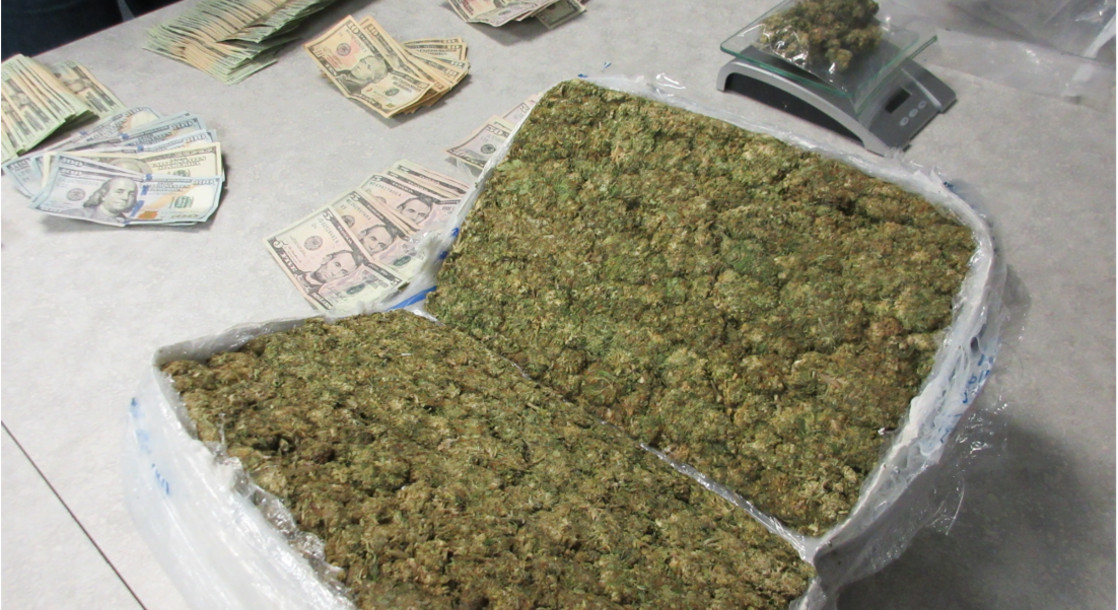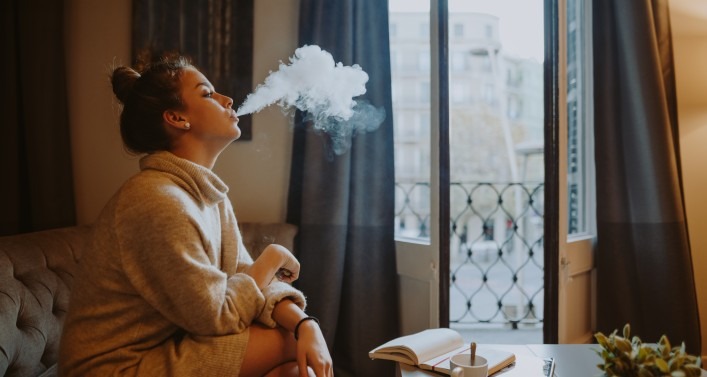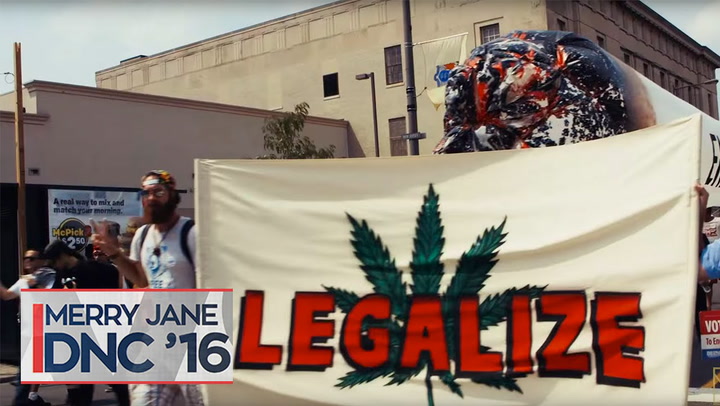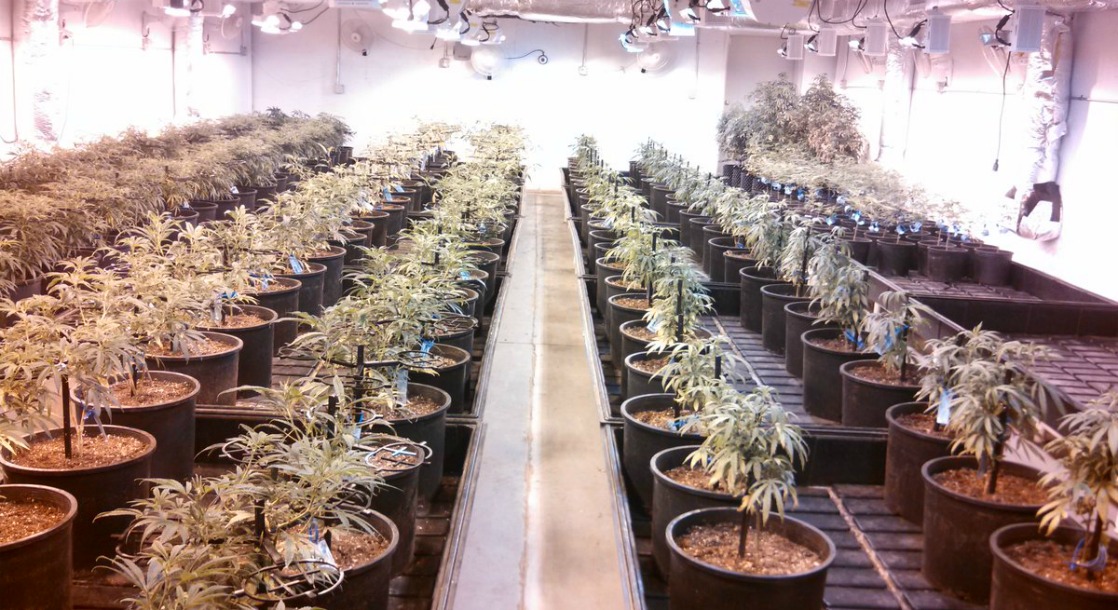Last year, Massachusetts voters approved a law making it legal for any adult in the state to possess up to an ounce of pot on their person, and to have up to 10 ounces and a dozen plants on their property. However, it is not legal to sell marijuana in Massachusetts yet, and retail shops won't be open until the middle of next year at the earliest. Until that time, many marijuana users are still purchasing weed via the black market, and running the risk of being arrested by state or local police.
State police have charged 76 people with pot-related offenses since December 15th, and the Suffolk County District Attorney's Office, whose jurisdiction includes Boston, has had 66 arraignments for distribution of a Class D substance in that same time frame. State cops also arrested 33 people for operating a motor vehicle under the influence of pot.
Police officials have said they are not aggressively targeting marijuana users, but will continue to enforce laws against selling the drug. “Obviously, we have a more pressing issue with opioid abuse, but if we get complaints about people selling marijuana we put some efforts into it,” said Lawrence Police Chief James Fitzpatrick. “Mostly it’s complaint-driven, or if we stumble across something.”
Many of the police departments that have seized marijuana during these arrests have not returned the pot confiscated, even if it was within the legal possession limit. “We can’t take marijuana and give it back, because that would be distributing,” said Lt. Edward Guy, spokesman for Andover police. “We would be breaking federal law.”
Guy points out that the state's new legalization law does not stipulate what police should do with confiscated weed. “These things were never thought out, and that’s part of the problem,” he said.
“We’re in this period now where marijuana is legal to use but not purchase,” Jim Borghesani, spokesman for the Campaign to Regulate Marijuana Like Alcohol, said. “I think a lot of the black market sales will disappear once legal sales get underway.”
In the meantime, Borghesani urged police to use discretion when dealing with marijuana arrests until the legal shops have opened. “They shouldn’t be arresting or prosecuting people for something that is legal,” he said.











